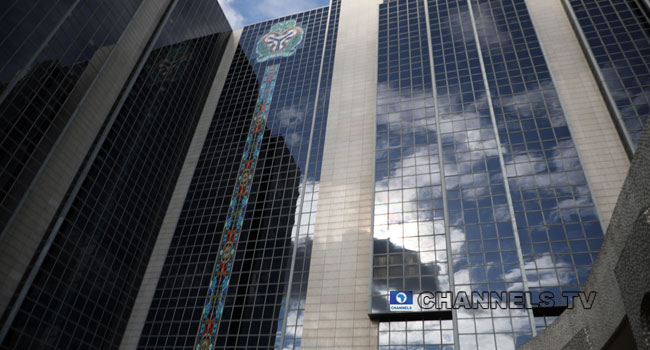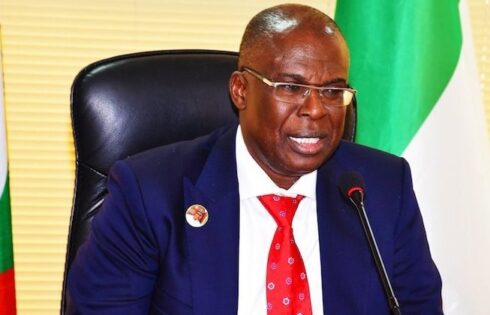The Department of Petroleum Resources, the Petroleum Products Pricing Regulatory Agency and the Petroleum Equalisation Fund are all officially scrapped and do not exist anymore,
The Federal Government has scrapped Department of Petroleum Resources, the Petroleum Products Pricing Regulatory Agency and the Petroleum Equalisation Fund
The Chief Executive Officers of the agencies had been relieved of their jobs while its workers would be protected from downsizing on account of the non-existence of the agencies,Minister of State for Petroleum Resources, Chief Timipre Sylva,disclosed this at inauguration of the boards of the Nigerian Midstream and Downstream Petroleum Regulatory Authority and the Nigerian Upstream Regulatory Commission in Abuja.
According to him, following the passage of the Petroleum Industry Act, the NPRA and NURC had taken over the functions of the DPR, PPPRA and PEF.
He added:“It is now a matter of law.The law states that all the assets and even the staff of the DPR are to be invested on the commission and also in the authority. So that means the DPR doesn’t exist anymore.
“And, of course, the law specifically repeals the DPR Act, the Petroleum Inspectorate Act, the Petroleum Equalisation Fund Act and the PPPRA Act. The law specifically repeals them. It is very clear that those agencies do not exist anymore.”
He spoke on the fate of the bosses and employees of the scrapped agencies,saying:“The law also provides for the staff and the jobs in those agencies to be protected.But I’m sure that that doesn’t cover, unfortunately, the chief executives, who were on political appointments.”
He stated that the process for aligning the workers of the defunct agencies with the new regulatory bodies had already commenced, as the staff had to be rationalised.
He said:“The authority has its staff coming from the defunct PEF, PPPRA and DPR. The commission has staff coming over from DPR and the process is going on for the next few weeks.”
Sylva disclosed that the inauguration of the boards on Monday marked the beginning of the successor agencies.
He said, “The PIA provides for the upstream regulatory commission and the establishment of the midstream and downstream authority.
“So far, the chief executives of these agencies have not been in place, but of course, Mr President in his wisdom made the appointment a few weeks ago and they went through a rigorous process of confirmation at the National Assembly.
“The agencies have now taken off because they now have clear leadership and today’s event marks that beginning for the new agencies.”
He further stated that with the passage of the PIA into law, after spending over 20 years in the process, the coast was now clear for investors to fully invest in Nigeria’s oil sector.
“Today, the PIA has clarified the legal framework around the sector and the agencies are now in place. So I don’t see anything now stopping investors from coming,” the minister stated.
He said competent hands were now handling the business, adding, “Nigerians should brace up for exponential growth in the oil and gas sector.”
The Chief Executive, NURC, Gbenga Komolafe, said the commission would deliver on its mandate as captured in the new petroleum Act.
“Nigerians should expect massive deliverables in the sense that the PIA has ended the regime of uncertainty in terms of the governance of the industry,” he said.
He also said the commission would ensure that the country hits its OPEC quota in crude oil production, as the NURC would be an enabler of investments.











